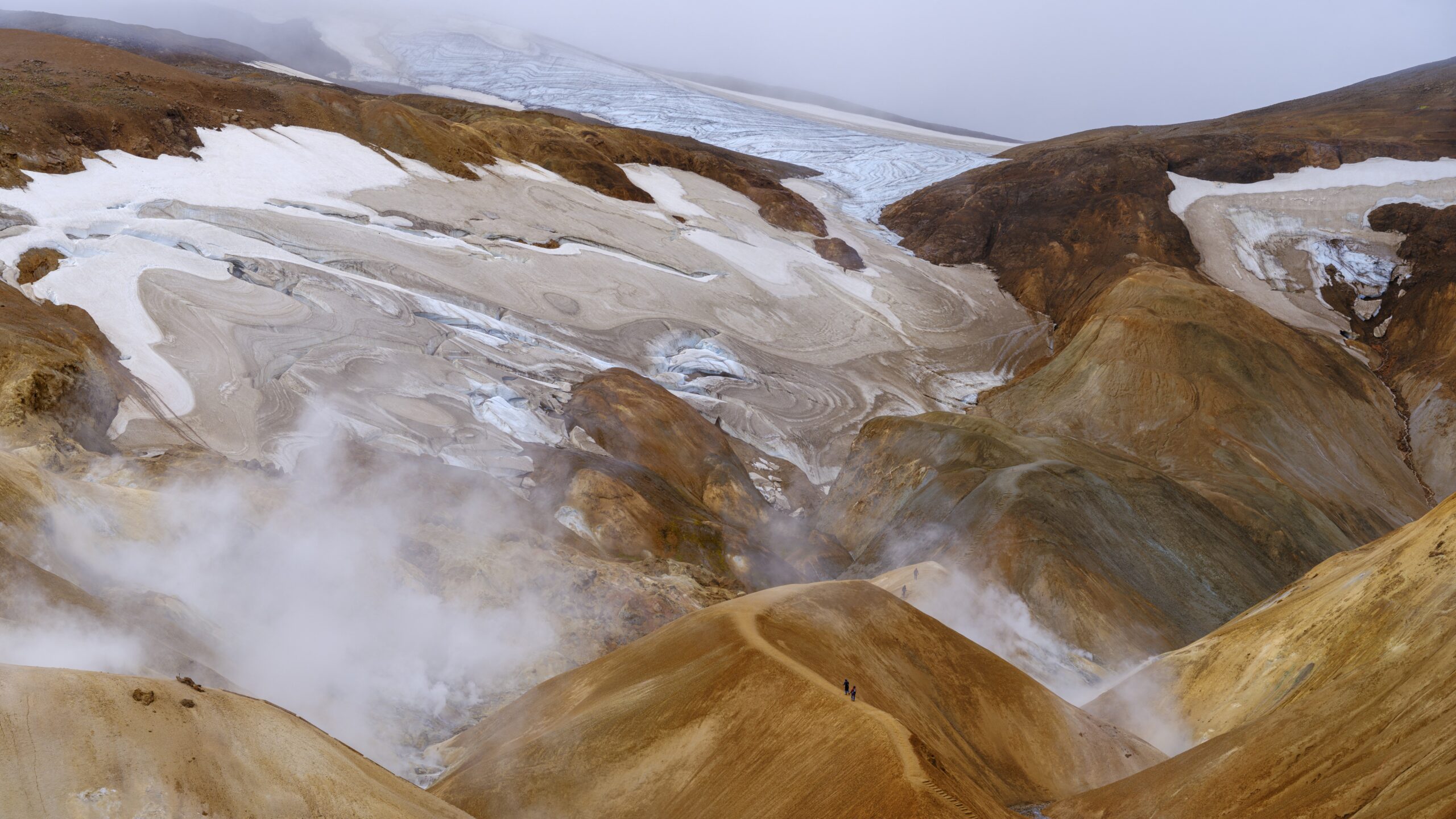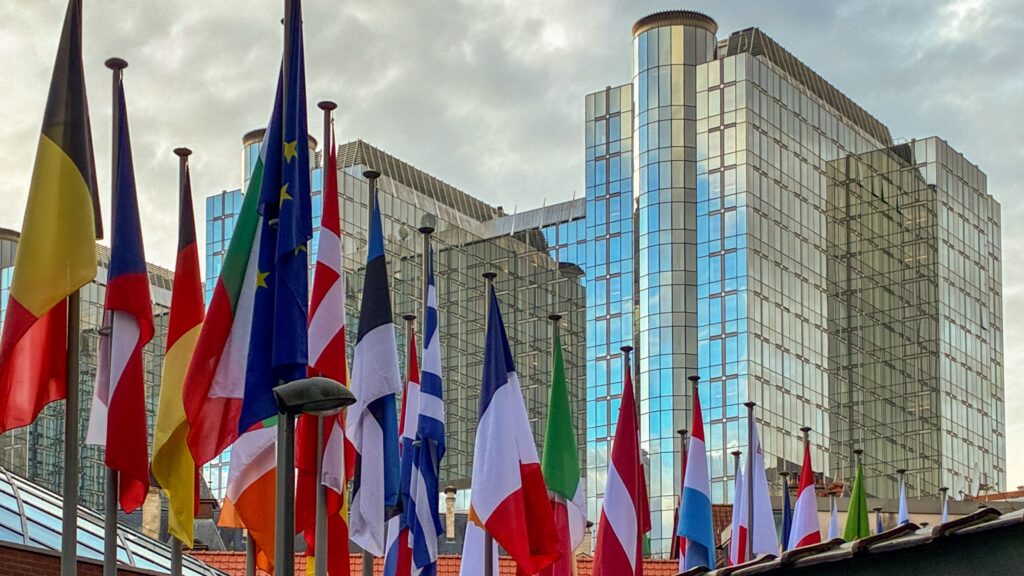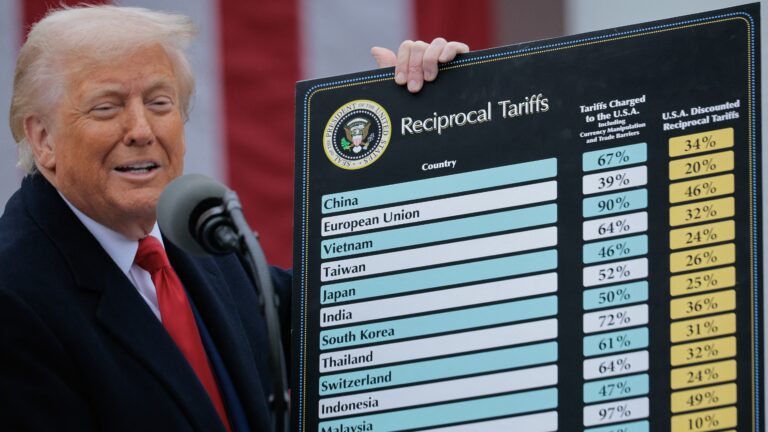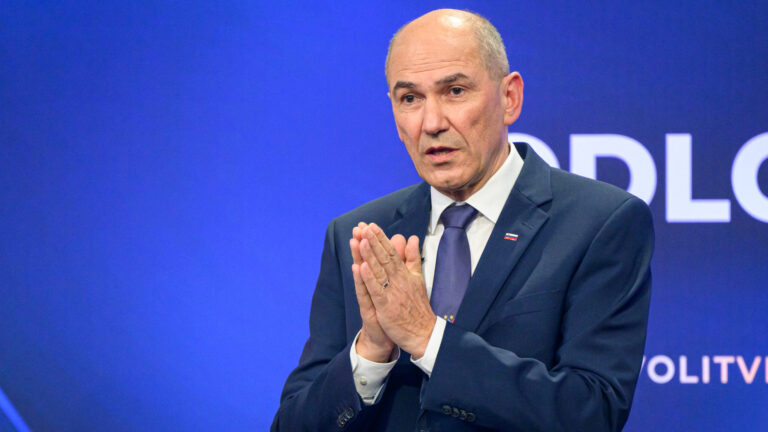Budapest has been selected to host the 2028 European Geothermal Congress (EGC), Europe’s largest scientific and industrial event dedicated to geothermal energy. The announcement was made on Thursday in Zurich, at the closing of this year’s congress. The decision acknowledges Hungary’s strong performance and commitment to renewable energy, with the country now ranked among the top five in Europe for geothermal utilization.
The EGC, held every three years, gathers more than 1,200 participants from across the continent, bringing together policymakers, researchers, and industry leaders to discuss innovations, new technologies, and market developments. First organized in 1999, the event last took place in Hungary in 2003 in Szeged. 25 years later, it returns to the country’s capital.
Budapest won the hosting rights against strong competition from five other European cities—Dublin, Glasgow, The Hague, Porto, and Sofia. The decision was made by the European Geothermal Energy Council (EGEC), which oversees the event and represents the continent’s geothermal sector. Hungary’s bid, submitted jointly by the Supervisory Authority for Regulated Activities (SZTFH), the Ministry of Energy, and the Hungarian Mining Association, received the highest possible score. According to the organizers, the unity of Hungary’s geothermal community, the strength of its national energy strategy, and the government’s policy support were decisive factors in securing the win.
Viktor Horváth, Deputy State Secretary for Energy Transition at the Ministry of Energy, said that Hungary aims to make efficient and environmentally friendly geothermal energy a driving force of its green economy. He recalled the creation of the National Geothermal Utilization Concept and Hungary’s leadership role in drafting the EU’s first action plan for accelerating geothermal energy use. Under the Jedlik Ányos Energy Programme, record funding has been allocated to support geothermal expansion. ‘Hungary is not only an excellent choice because of its past achievements but also because of its promising future,’ Horváth said.
Strategic Deputy President of the SZTFH Bence Gonda noted that Hungary’s geothermal strategy—featuring simplified licensing, state-backed risk reduction measures, and stronger cooperation between public, academic, and private sectors—has become a European benchmark. Hosting the congress, he added, will give Budapest and the entire Central European region an opportunity to showcase their expertise and contribute to shaping future energy policy directions.
Hungary currently leads the region with around 1.1 gigawatts of installed geothermal capacity. According to the National Geothermal Utilization Concept, developments in the sector could replace more than one billion cubic metres of natural gas by 2035. The reformed regulatory framework and financial incentives are expected to further accelerate growth, with municipal and district heating capacity projected to double and geothermal power generation to increase ten- to twentyfold.
The 2028 congress in Budapest will serve as a platform to present these achievements, strengthen Hungary’s role in Europe’s energy transition, promote domestic companies on international markets, and highlight the accomplishments of Hungarian researchers in the field.
Related articles:







